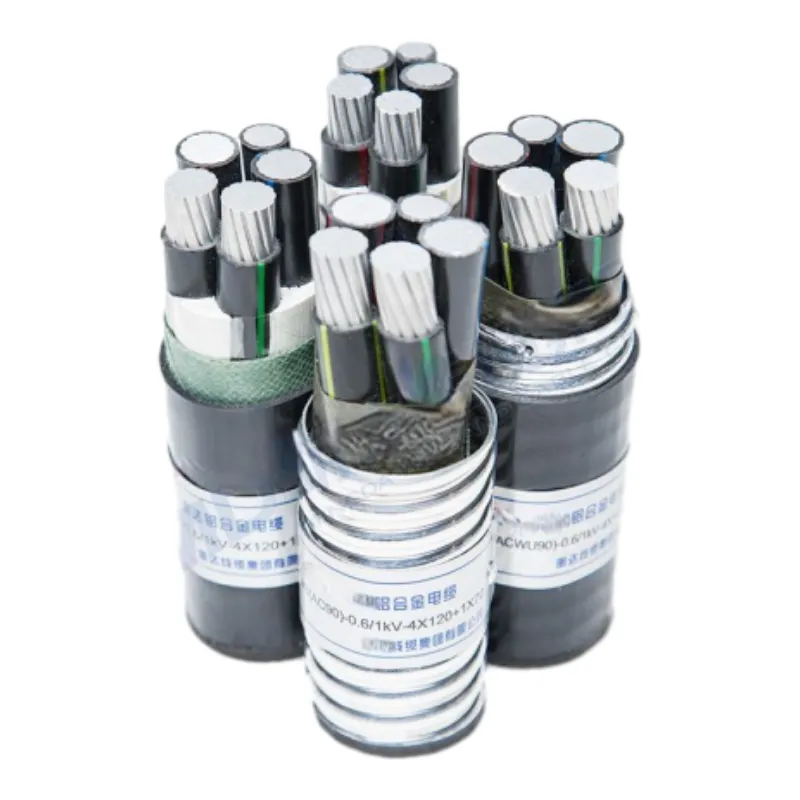Desemba . 04, 2024 16:59 Back to list
cast iron air valve
The Significance of Cast Iron Air Valves in Industrial Applications
In the realm of industrial engineering and manufacturing, the choice of materials and components is crucial for ensuring efficiency, durability, and safety. Among the various components that play a vital role in fluid control systems, cast iron air valves are particularly noteworthy. These valves are integral to various applications, ranging from water management to heating and cooling systems, due to their robust properties and versatility.
Understanding Cast Iron and Its Advantages
Cast iron, a group of iron-carbon alloys with a carbon content greater than 2%, is well-known for its excellent casting properties and mechanical characteristics. This material has been a cornerstone in engineering for centuries, celebrated for its durability, corrosion resistance, and ability to withstand high temperatures and pressures. These attributes make cast iron an ideal choice for manufacturing air valves that must endure varied and often harsh conditions.
The Role of Air Valves
Essentially, air valves are devices used to manage the flow of air or gases within a system. They serve critical functions in preventing backflow, controlling pressure, and ensuring that systems operate smoothly and efficiently. In settings such as waterworks and heating systems, air valves automatically admit or discharge air, maintaining optimal pressure levels and enabling better flow characteristics.
Cast iron air valves are particularly advantageous in municipal water supply systems and waste management applications. They assist in venting air during the filling process, which prevents air pockets that can disrupt flow and pressure. Furthermore, these valves play an essential role in preventing vacuum conditions that may lead to system damage.
Benefits of Using Cast Iron Air Valves
1. Durability One of the most significant benefits of cast iron air valves is their durability. They can withstand extreme conditions—from intense pressures to varying temperatures—making them ideal for use in heavy industrial environments.
2. Corrosion Resistance Cast iron’s resistance to corrosion, especially when treated with protective coatings, allows these valves to remain functional and reliable over extended periods, reducing maintenance costs.
cast iron air valve

4. Versatility Cast iron air valves can be used across numerous industry sectors, including water treatment plants, sewage systems, and HVAC applications. Their versatility makes them a go-to choice for engineers and system designers.
5. Thermal Stability The thermal stability of cast iron ensures that the valves can operate efficiently under varying temperature conditions without compromising their structural integrity.
Applications in Industry
The applications of cast iron air valves span a wide array of industries. In municipal water systems, they are crucial for maintaining proper air release in pipelines, thus ensuring consistent water distribution. In HVAC systems, cast iron air valves are used to regulate airflow, enhancing energy efficiency and ensuring comfort in residential and commercial environments.
Moreover, in the sewage and drainage sector, these valves play a pivotal role in preventing back pressure and allowing for effective venting, which is essential for preventing unpleasant odors and maintaining public health standards.
Conclusion
In summary, cast iron air valves are indispensable components in numerous industrial applications. Their combination of durability, corrosion resistance, and cost-effectiveness makes them a superior choice for managing air and gas flow in various systems. As industries continue to seek reliable and efficient solutions, the role of cast iron air valves is likely to expand, underscoring their importance in modern engineering practices.
With ongoing advancements in materials science and engineering techniques, the future of cast iron air valves promises to yield even more innovative applications, further solidifying their central role in industrial infrastructure. As we move forward, investing in high-quality cast iron components will be crucial in sustaining efficient and safe industrial operations.
Share